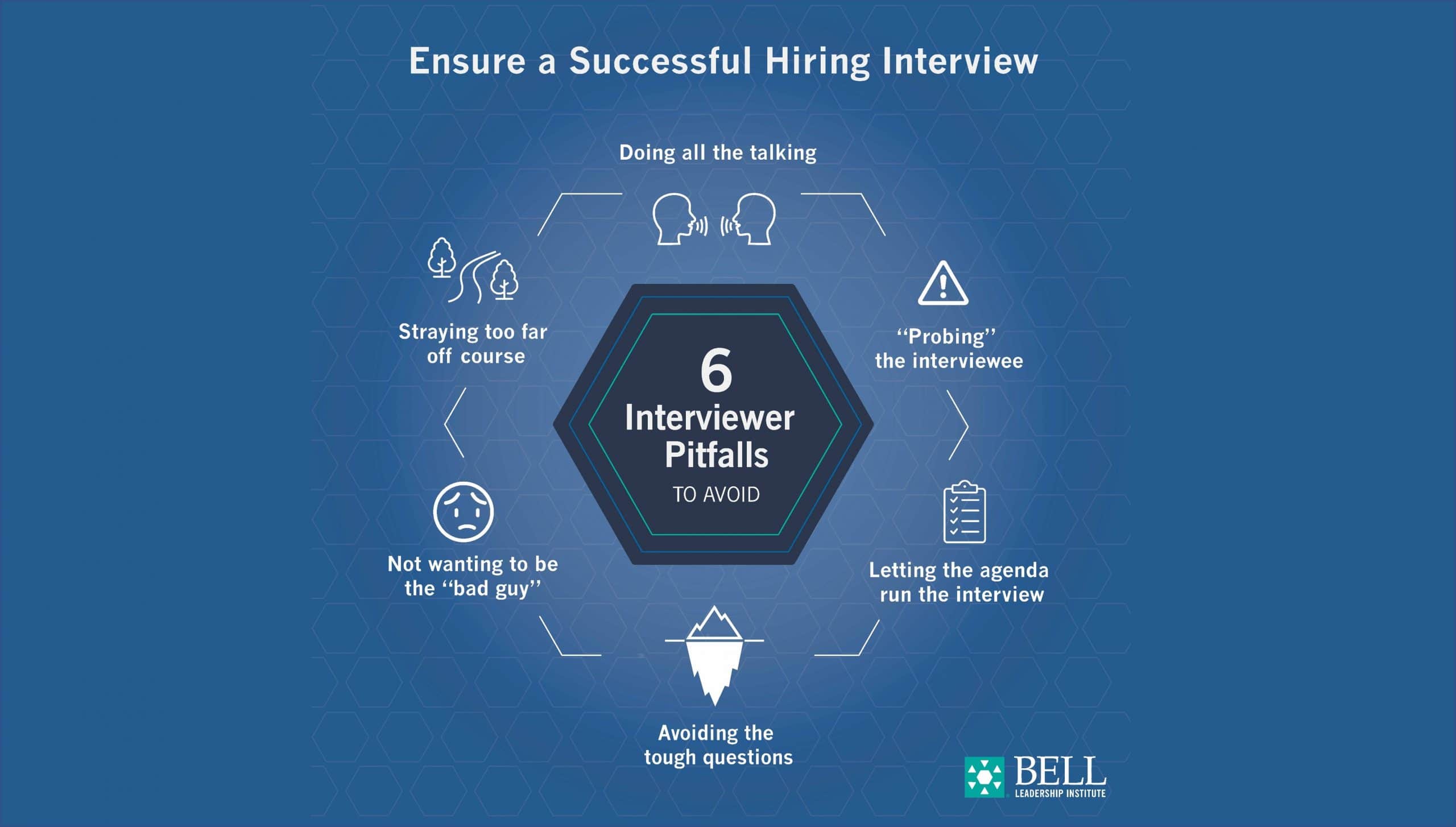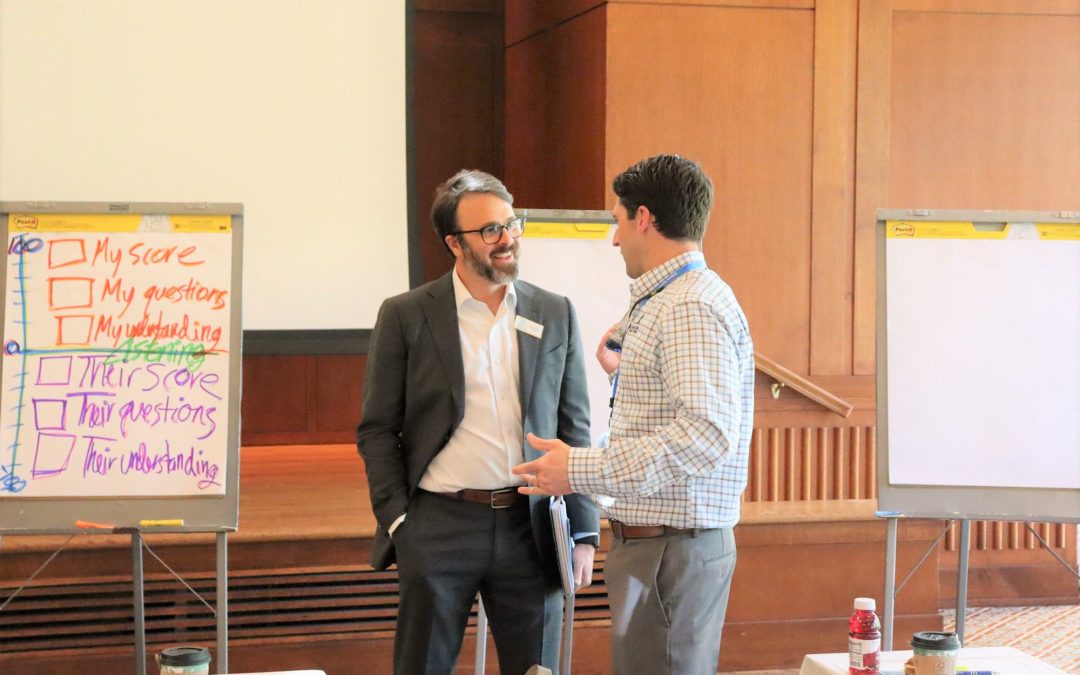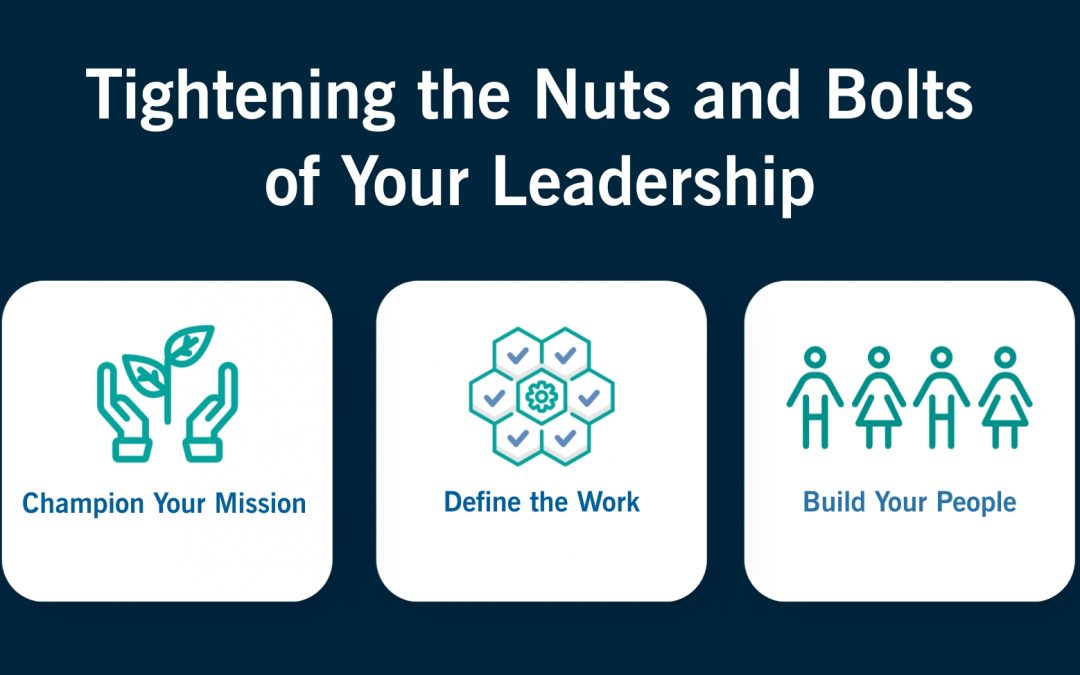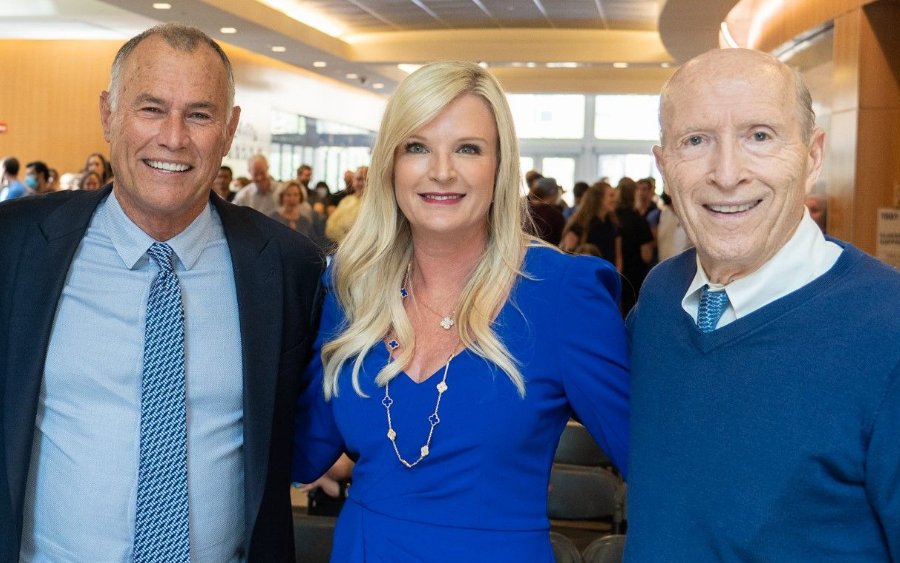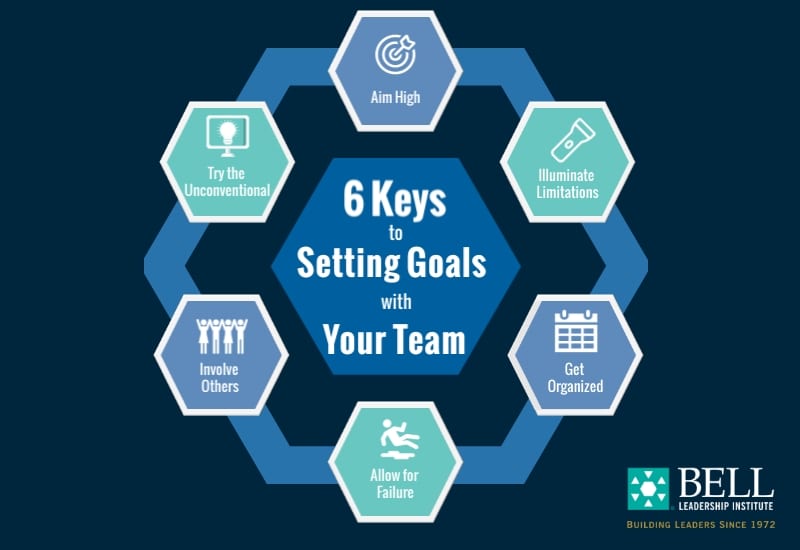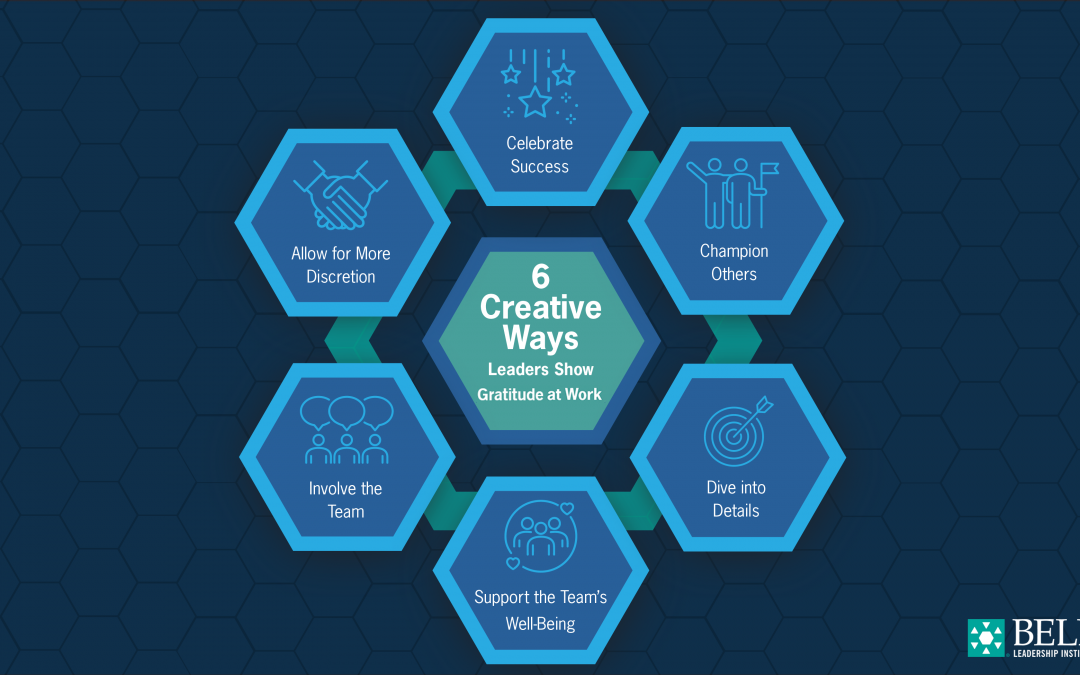When we, as interviewers or hiring managers, interject our own personalities and habits into the equation, our personal weaknesses can make the process even more challenging.
Conducting successful interviews is a key step towards building a strong, deep talent bench. Weeding through a sea of potential candidates to find the best matches can be daunting. And when we, as interviewers or hiring managers, interject our own personalities and habits into the equation, our personal weaknesses can make the process even more challenging. Here are six interview pitfalls to avoid when holding your next interview.
1. Doing all the talking.
It’s easy to get carried away and spend a bit too much time talking about the organization, expectations for the position, or even about your own role in the company. Some of this information is useful, but the more you talk, the more it cuts into the time that you have to learn about the candidate. As a rule of thumb, your interviewee should be doing 80% of the talking. That way, you’ll give them some useful information, while maximizing their opportunity to share who they are and how they might be the best match for your needs.
2. “Probing” the interviewee.
The goal of any interview is to reach a comfortable level of two-way conversation where questions elicit authentic and insightful answers that help you make better hiring decisions. In our quest to get to the truth, it can seem helpful to really dig in; asking probing questions that might intimidate or trick a candidate into revealing skeletons in their closet, but interrogating or trapping people in their interview will make you more likely to lose good candidates than to weed out the bad ones.
3. Letting the agenda run the interview.
A schedule and list of planned questions are important to create structure, but they shouldn’t be so rigidly followed that the natural flow of conversation is stifled. If you become hung up on getting to your next question instead of listening to your candidate, you may miss an important story that highlights essential skills a candidate possesses. Or more detrimentally, you could skip over details that demonstrate characteristics and habits that are absolute showstoppers for your company. While it’s important not to stray too far from your agenda, allowing some minor detours can reveal valuable information.
4. Avoiding the tough questions.
It can feel easier or more comfortable to keep interview conversations on a more superficial level. If something raises a flag, it might be tempting to gloss over it or move on to the next topic. We might want to avoid more challenging questions or becoming invested in a person’s story so that if we need to turn them away, it’s easier and less awkward. But avoiding the tougher questions up front will only make for harder conversations down the line when the person is more invested in the interview process, or worse, if they are hired and end up being a mismatch.
5. Not wanting to be the “bad guy.”
It can be difficult to say no to a prospective candidate, especially when you may genuinely like them as a person and have a desire to help them succeed. It may feel like the nice thing to do, but moving a candidate forward in the process despite red flags because you don’t want to be perceived as the “bad guy” or hurt a candidate’s feelings, never makes for the best hiring decisions. Overlooking red flags or skill deficiencies can end up making their situation more painful when they are ultimately dismissed farther along in the process, either in late-stage interviews or after being hired for an ill-fit position.
6. Straying too far off course.
When interviewing a candidate who has a particularly interesting history or resume, it is tempting to digress far from your planned course of questions. While allowing space for storytelling and casual dialogue can provide a window into a candidate’s true nature and personality, too much sidetracking can shortchange you from getting other valuable information or disrespect your candidate’s time if you run late. Engaging with your prospects to allow for fully fleshed out answers and detailed explanations while also keeping an eye on the clock and the schedule will provide the best balance of comfortable conversation and efficient interview practice.
Do you or members of your hiring team fall prey to any of these interview pitfalls? Identifying potential obstacles to a successful interview and building your interviewing skills will significantly improve the odds you will find great matches for your organization and build a successful team. It’s through knowing ourselves better that we can become more effective interviewers, and leaders.
Want to learn more about how to improve your interview skills and those of your team? Join Bell Leadership for our upcoming seminar on Selecting Achievers™ where you will gain a proven, powerful framework for attracting, developing and retaining great people. Participants will learn to improve these processes with key techniques and a live practice interview to help you build the skills to find, grow, and retain effective people. There are still seats remaining in our Selecting Achievers program, register today or contact us to find out more about bringing the Selecting Achievers program to your organization.
